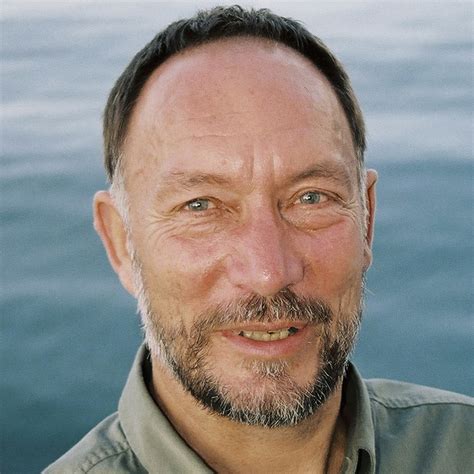A Quote by David Chalmers
Consciousness poses the most baffling problems in the science of the mind. There is nothing that we know more intimately than conscious experience, but there is nothing that is harder to explain.
Related Quotes
Life and death are nothing but the mind. Years, months, days, and hours are nothing but the mind. Dreams, illusions, and mirages are nothing but the mind. The bubbles of water and the flames of fire are nothing but the mind. The flowers of the spring and the moon of the autumn are nothing but the mind. Confusions and dangers are nothing but the mind.
It is necessary to guard ourselves from thinking that the practice of the scientific method enlarges the powers of the human mind. Nothing is more flatly contradicted by experience than the belief that a man distinguished in one or even more departments of science, is more likely to think sensibly about ordinary affairs than anyone else.
Remember the word bodhichitta, because Atisha says the whole effort of religion, the whole science of religion, is nothing but an endeavor to create bodhichitta, buddha-consciousness: a mind which functions as a no-mind, a mind which dreams no more, thinks no more, a mind which is just awareness, pure awareness.








































